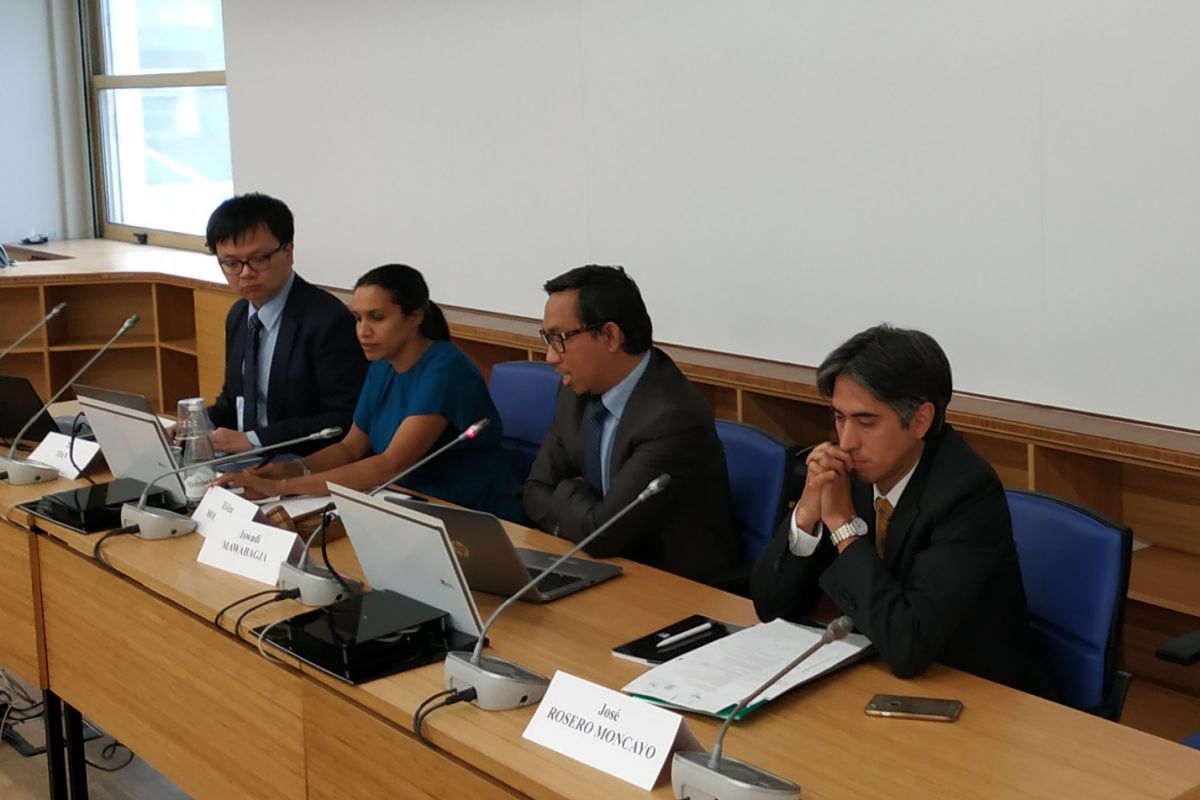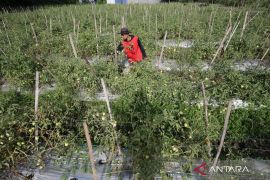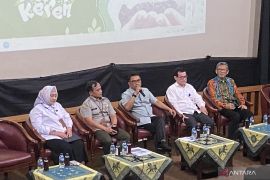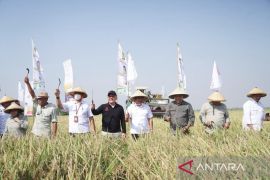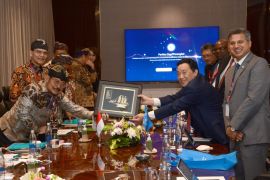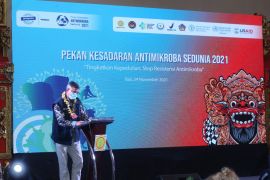"Indonesia is one of the countries that has successfully developed its SPARS," he told ANTARA on Saturday while speaking in connection with the importance of accruing and providing accurate and reliable data to support evidence-based decision-making at all levels.
Mawabagja admitted to highlighting the success achieved by Indonesia and several other countries in developing their SPARS during an Expert Meeting on Measuring the Use of Statistics in Agricultural Policy Making held at the FAO headquarters of Rome, Italy, on July 3, 2019.
In 2018, the Food and Agriculture Organization (FAO) of the United Nations led 113 projects that extended support to countries to collect, analyze, and disseminate food and agriculture statistics, he revealed.
"Some 25 of these focused specifically on providing capacity development support to countries on conducting agricultural censuses and surveys, while 28 of them provided support to countries in developing SPARS," Mawabagja remarked.
Mawabagja emphasized that producing quality statistics necessitated significant efforts and resources, both in the form of finance and human resources. To this end, the use of statistics that have been produced holds significance and should be ensured and measured.
"Undoubtedly, sound and timely statistics are the key to informed decisions, policies, and investments that tackle issues related to food and agriculture – from hunger and malnutrition to rural poverty; from food-systems productivity to the sustainable use of natural resources, and to climate change," he emphasized.
Statistics can help target and monitor policies that benefit the most vulnerable. The challenge lies in the fact that no methodology had yet been established to measure the use of statistics in food and agriculture policy-making, he stated.
Mawabagja noted that the literature has identified two main channels through which statistics have an effect on policymaking, with the first being efficiency, whereby the availability of indicators facilitates better allocation of resources.
Statistics also enable governments to track the deployment of public resources, such as the distribution of public investment. The second channel is the extent to which a policy is designed to promote public welfare, he explained.
Taking into account the significance of having such accurate and reliable data, as a UN agency, which leads global efforts to fight hunger, the FAO has stepped up the capacity of the states in collecting and providing analysis of food and agricultural data, he stated.
Mawabagja was formerly the Deputy Director of Statistical Analyst at Indonesia's Central Statistics Agency (BPS) in Jakarta before being appointed as deputy director of FAO's Statistics Division to replace Jose Rosero Moncayo from Ecuador, the current director of the division.
Reporter: Rahmad Nasution
Editor: Bambang Purwanto
Copyright © ANTARA 2019
